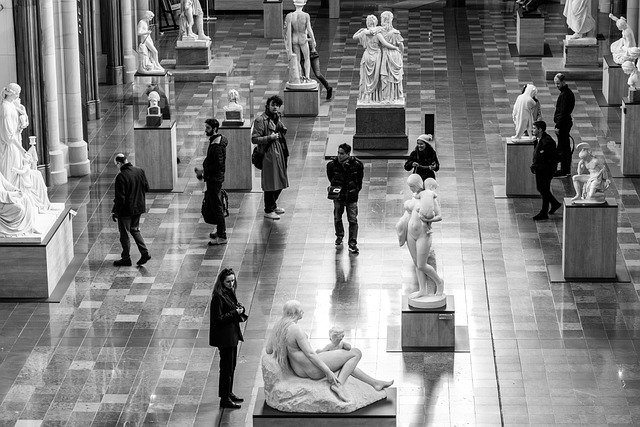Saudade: The Untranslatable Emotion Reshaping Global Culture
In a world increasingly connected yet complex, an age-old Portuguese concept is finding new resonance. Saudade, a profound melancholic longing, is transcending its cultural origins to become a global touchstone for expressing nuanced emotions. This uniquely Portuguese sentiment is now influencing art, music, and even how we process our collective experiences in the digital age. Read below to explore how saudade is reshaping our emotional landscape and cultural expression.

The Historical Roots of Saudade
The concept of saudade dates back to the 13th century, emerging during the Age of Discovery when Portuguese explorers embarked on long sea voyages. The term encapsulated the melancholy of separation and the uncertainty of return. Over time, it became deeply ingrained in Portuguese literature, music, and art, particularly in the form of fado, a traditional genre of Portuguese music characterized by its mournful, nostalgic tones.
Saudade’s cultural significance extends beyond Portugal to former Portuguese colonies, notably Brazil, where it has influenced various art forms and become an integral part of the national psyche. The concept has also found resonance in other cultures with similar sentiments, such as the Welsh hiraeth or the Russian toska, though saudade remains unique in its specific blend of longing, nostalgia, and hope.
Saudade in the Digital Age
In recent years, saudade has gained traction globally, particularly among younger generations navigating an increasingly digital and interconnected world. Social media platforms have paradoxically intensified feelings of isolation and nostalgia, creating a perfect environment for saudade to thrive. The constant exposure to curated snippets of others’ lives often leads to a wistful longing for experiences one hasn’t had or for idealized versions of the past.
This digital saudade manifests in various ways, from the popularity of vintage filters on photo-sharing apps to the resurgence of analog technologies like vinyl records and instant cameras. It reflects a collective yearning for authenticity and deeper connections in an era of fleeting digital interactions.
The Global Spread of Saudade
As awareness of saudade grows, it’s being embraced by artists, musicians, and writers worldwide as a means of expressing complex emotions that transcend cultural boundaries. International music festivals celebrating saudade have emerged, featuring artists from diverse backgrounds interpreting the concept through their own cultural lenses. This cross-pollination of ideas is leading to new forms of artistic expression that blend traditional saudade themes with contemporary global experiences.
In literature, saudade is increasingly appearing as a theme in works by non-Portuguese authors, who use the concept to explore themes of displacement, identity, and the human condition in a globalized world. This literary trend is fostering a greater understanding and appreciation of the nuances of emotional experiences across cultures.
Saudade and Mental Health
The growing popularity of saudade has also sparked discussions in the field of psychology about its potential impact on mental health. Some researchers argue that embracing saudade can be beneficial, allowing individuals to process complex emotions and find meaning in their experiences of loss or longing. Others caution that an excessive focus on saudade could lead to rumination and depression.
Mental health professionals are now exploring how the concept of saudade can be incorporated into therapeutic practices, particularly in treating conditions related to grief, nostalgia, and existential anxiety. This integration of cultural concepts into psychological treatment represents a broader trend towards more culturally sensitive and holistic approaches to mental health care.
The Future of Saudade
As saudade continues to gain global recognition, it’s likely to evolve and take on new meanings in different cultural contexts. Some sociologists predict that saudade could become a unifying concept in an increasingly fragmented world, providing a shared language for expressing the complexities of human emotion in the face of rapid technological and social change.
The concept’s growing influence may also lead to new forms of cultural expression and social movements centered around the idea of embracing melancholy and longing as natural parts of the human experience. This could potentially counterbalance the prevailing culture of positivity and instant gratification, encouraging a more nuanced and reflective approach to emotional well-being.
In conclusion, the global embrace of saudade represents a fascinating cultural shift, reflecting our collective need for deeper emotional expression in an increasingly interconnected yet often alienating world. As this uniquely Portuguese concept continues to resonate across borders, it offers a rich lens through which to examine the evolving nature of human connection, identity, and emotional experience in the 21st century.





